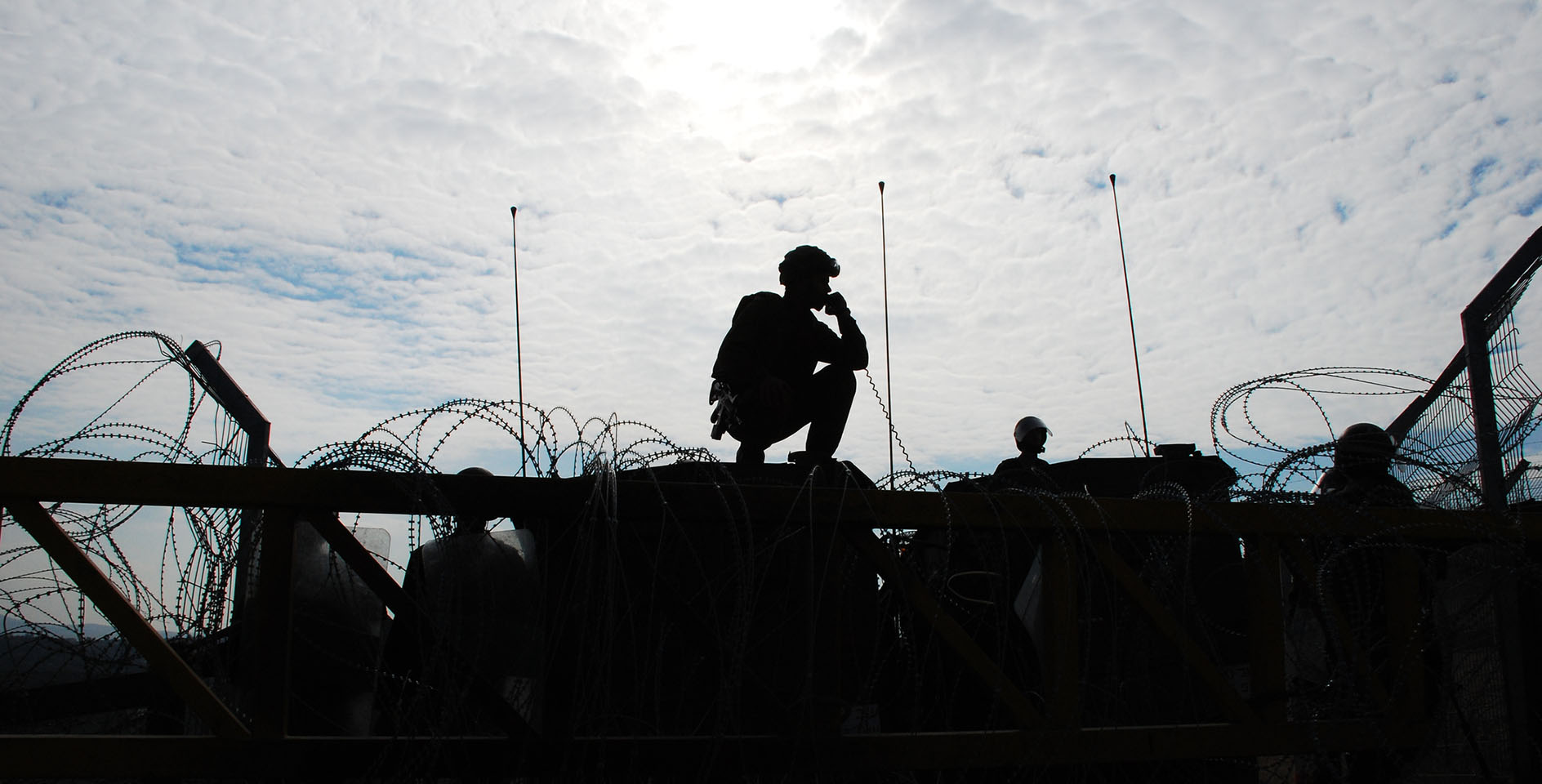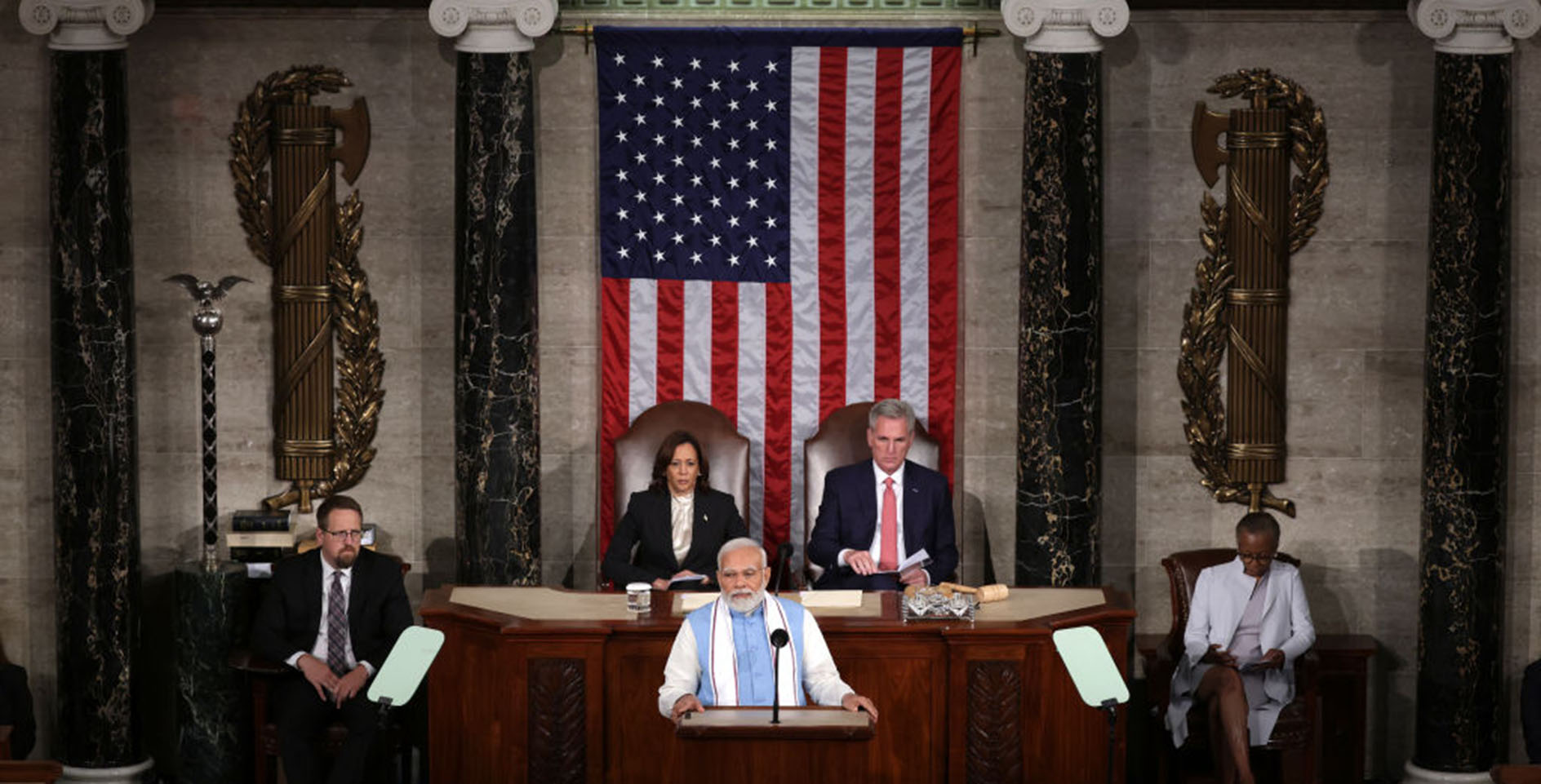Jeff Pickering from our policy staff in D.C., recently visited the State Department to sit down with Ambassador-at-Large for International Religious Freedom, Sam Brownback. The interview covered the ambassador’s recent success in the story of Uzbekistan and the role of international religious freedom in U.S. foreign policy.
Jeff Pickering: What is the role of the U.S. ambassador-at-Large for International Religious Freedom?
Ambassador Sam Brownback: Stand up for religious freedom around the world. That’s what we do, and that’s the role of this office.
JP: What is the history of this office in the State Department?
AB: It was created 20 years ago by an act of Congress, the International Religious Freedom Act. It was really, in essence, Congress forcing the executive branch to address issues of religious freedom. A lot of us in Congress at that time were getting cases of religious freedom brought to our office from constituents and constituent organizations. We would advocate for people who were in jail in far-flung places around the world. This act really tried to institutionalize the issue of religious freedom as a topic of foreign policy for the United States.
JP: How is international religious freedom a foreign policy priority of the United States today?
AB: We see it—this administration—sees it as foundational. You get this one right, and you’ll have less terrorism, more human rights, more freedoms of assembly and speech, and more economic growth. So for us in this administration, we look at this religious freedom like blocking and tackling in football. You really need to get this right if you’re going to do anything else. And if you don’t get this right, you’re probably not going to be able to do these other things—human rights, economic growth, etc.—well either.
JP: What progress have you seen in the religious freedom space abroad since assuming your role as ambassador?
AB: I’ve been pleased. We’ve seen some country-specific efforts that have been rewarded. Uzbekistan is off the Countries of Particular Concern (CPC) list. We’ve seen international engagement broaden on this. We hosted the ministerial on religious freedom, which was the first of its kind. The United Arab Emirates also hosted the first regional ministerial in Abu Dhabi on textbook materials and how textbooks shouldn’t denigrate minority religions. The Saudis were there, and the Pakistanis, and some others that have been, in some cases, quite awful on this issue. Taiwan also hosted the second follow-up in Taipei earlier this month.
JP: Let’s talk about the story of Uzbekistan. You’ve been very involved in the ongoing efforts in Uzbekistan. How did your office engage with that country in particular?
AB: Chris Seiple (a religious liberty advocate and President Emeritus of the Institute for Global Engagement) contacted me early on and said, “I think they’re ready to change.” He had been contacted and was working with them. I was skeptical, the office was skeptical, because they had been on the CPC list for a long time. But they wanted to do it to be able to grow their economy, which was the right way to look at it. So I reached out to them, and they started to make tangible steps. We engaged further. Now they’re on the watch list still, but they’ve made substantial progress, and we hope they’ll continue further and get off the watchlist.
JP: How did Uzbekistan move from the CPC list, which they were on since 2006, to the watch list?
AB: They did a number of steps. They let 1,500 religious prisoners free. They took 16,000 people off the blacklist that wouldn’t allow them to travel, many of which were there for religious affiliation purposes. They registered two churches. They hadn’t registered a church for a decade. They had not allowed minors to go to religious institutions—neither mosques nor churches—and they allowed minors to [return]. They stopped raids on unregistered churches. There were a number of house churches, and if they found them, they would just raid them and arrest people. They stopped the raids. And then they passed a religious freedom road map resolution that they asked the UN Special Rapporteur on Freedom of Religion or Belief (FoRB) to come and do a report on Uzbekistan. He did. After he wrote it, they passed a resolution basically implementing the report. But that’s not law yet. Part of the resolution requires them to pass a new religion law. They’re in the process of drafting that. They’ve made a number of steps, but they’re still not there, and that’s why we have them on the watch list.
JP: That’s a story of diplomatic success. What have you and the State Department learned from working with Uzbekistan that can be applied to other countries?
AB: There needs to be motivation more than just shame. Prior, we were just using shame to say to the world that this was a bad actor on religious freedom. That just doesn’t motivate many people. Uzbekistan is doing this because they want to grow their economy, they want to appear better to the west, they want to be seen as a country open to human rights. And we agree with them that this is one of the things they need to do. We’re going to more countries and saying to them, “If you want to address your economic issues, grow your economy. If you want to address your terrorism issues to have less terrorism, one of the key things you need to do is provide more religious freedom to your people.” And then it’s a self-motivator at that point because most countries want their economy to grow, and they certainly want less terrorism. So, it has to be in the country’s self-interest.
JP: Are there any other countries you’ve identified as those with potential to make similar progress?
AB: I was just back from Pakistan. We just put them on the CPC list. I’m telling them, “Look, my desire is to get you off that list. But to do it, you’re going to have to make some serious changes. And if you want to grow your economy, these are things you’re going to need to do. If you want less terrorism, which you certainly do, this is something that will help you.” We’re starting to see some of those countries engaged, saying, “You’re right. This has not been good in our country.” They don’t like the international negative publicity of saying this about minority faiths. Every faith in the world is a minority religion somewhere, including the one in that country. It is very much global communications.
JP: Ambassador, what motivates you to come to work and to travel all around the globe to do this, to take on these daunting efforts?
AB: You see these people, when they get out and they’re free, and all they ever wanted to do is to practice their faith peacefully, it is so rewarding. We’re the only country in the world, really, that just puts a high enough value to fight for this. Some of the European countries do as well. I shouldn’t take this away from that, but, for us, it’s personal. It’s in our founding. It’s what we are as a people, and we’re passionate for it. And we’re passionate for it around the world. And I’m delighted to carry that passion of the American people for it.
JP: Is there anything else you would like to share about Uzbekistan, the plight of persecuted Christians or other religious minorities, and the state of international religious freedom more broadly?
AB: I hope that people who read this don’t just read it and say, “Well, I’m glad something is happening,” or, “Too bad not more is happening,” but rather will engage themselves. And there are ways to do it. They can do it through the Southern Baptist Convention. They can really, in almost every community of any size in the United States, find a diaspora from somewhere that is probably persecuted. I’ve run into it everywhere. They can find somebody locally who’s from Rwanda and knows of a bunch of house churches that were closed down. Just get engaged, find out what’s taking place, invite a speaker to their church, see what they can do to rebuild a church that’s been destroyed. I’ve seen countless Americans do stuff like that, and it is very effective. They don’t have to have the government there doing it. It involves some getting activated, but there’s no shortage of people that need their activism.
Sam Brownback is the ambassador-at-large for International Religious Freedom.










